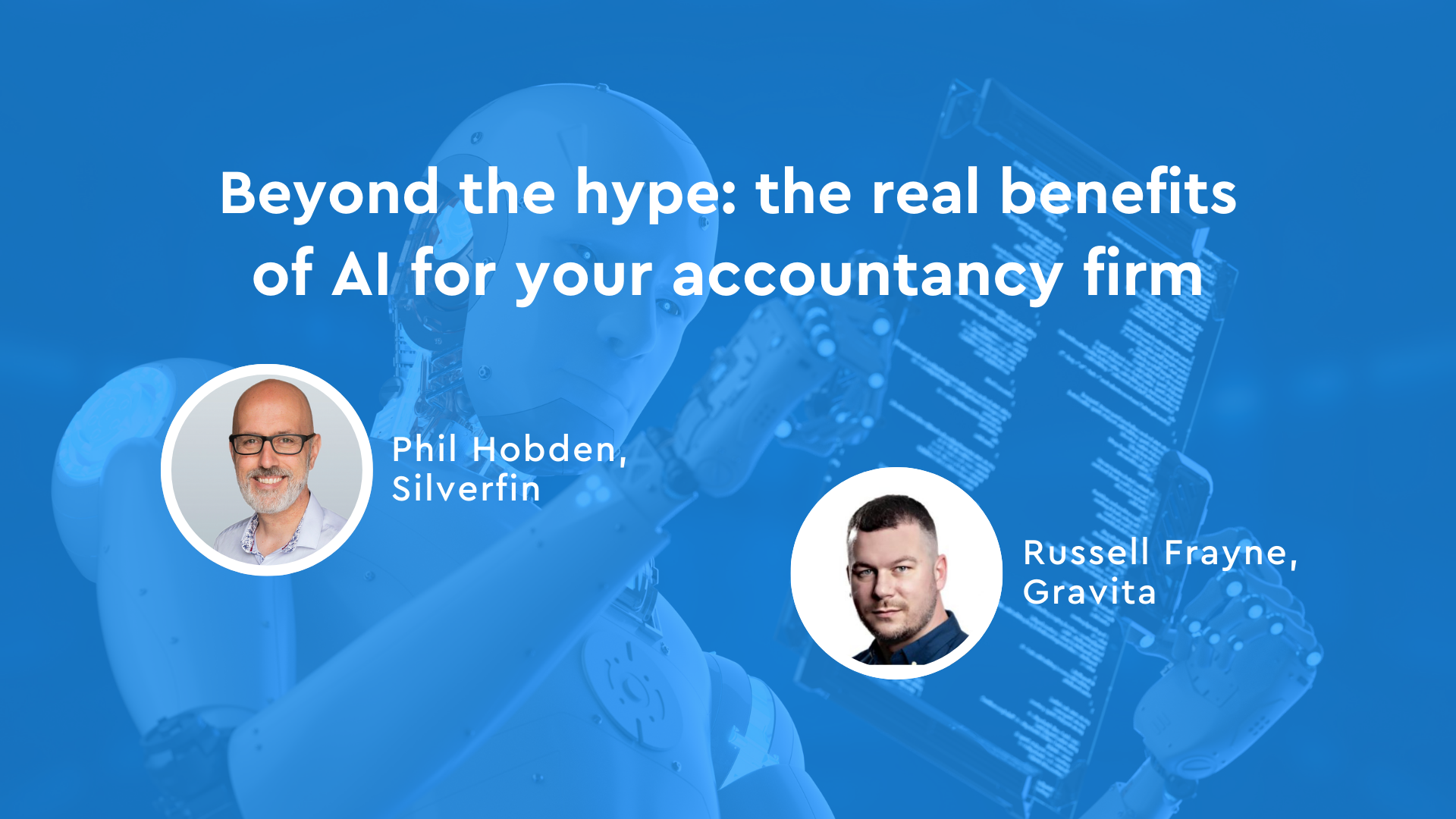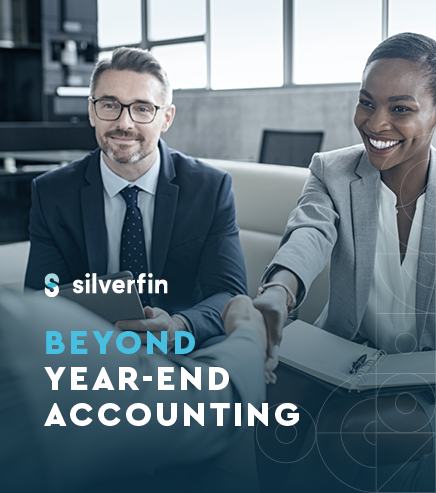Across the UK, accountancy firms are continually exploring ways to stay competitive and efficient. Machine learning and AI-driven analytics in accounting offer a wealth of capabilities, opening new opportunities for growth and enhanced client service.
Understanding machine learning
Machine learning is a branch of artificial intelligence (AI) that processes vast amounts of data, recognising patterns and using algorithms that improve over time.
One of its key benefits for accounting firms is the ability to speed up accounting work while unlocking more value from the growing volume of financial data that firms and their clients manage. As this technology advances, it will enable firms to embrace new methodologies and even develop entirely new services, harnessing its full potential.
Should UK accountants brace for the algorithm invasion?
With every advance in AI, there is an underlying anxiety: Could the rise of algorithms lead to widespread job displacement within the accounting industry?
Recent developments, such as the UK’s decision to sign the first international treaty to prevent the misuse of AI, aim to address these concerns. As justice secretary Shabana Mahmood explained, “This convention is a major step to ensuring that these new technologies can be harnessed without eroding our oldest values, like human rights and the rule of law.”
In the long run, the treaty and similar regulatory frameworks aim to ensure that the ongoing technological shift does not undermine accounting or other professions. Instead, firms should feel empowered to use AI for data analysis and other intelligent technologies as an augmentation of their human workforce, not a replacement. This approach allows firms to stay competitive and meet growing client demands responsibly and safely.
How machine learning in accounting adds value today
AI is often highlighted in the media as a technology of the future and it can be easy for firms to overlook its immediate relevance to their operations. In fact, machine learning is already having a tangible, positive impact on accountancy today. Below are some of the ways in which firms are already using the machine learning accounting features embedded in Silverfin accounting software.
Categorising and reconciling data
When financial data, such as that included in bookkeeping ledgers, is imported into Silverfin, machine learning performs a data hygiene check to ensure the information is clean and accurate. It then interprets and enriches the data, adding context and meaning, before mapping it to a standard chart of accounts. By delegating this time-consuming, repetitive work to machine learning, preparers can shift their attention to more strategic, value-added activities.
Compliance support
Silverfin stays on top of changing regulations so firms don’t have to, ensuring templates are always updated to reflect regulatory changes and the latest financial reporting standards. Machine learning accounting tools embedded in the software provide an extra layer of compliance support, continuously checking for errors and inconsistencies that could cause risk.
Automated reviews of client files
Machine learning applications can swiftly process large amounts of data to uncover patterns and discrepancies that might otherwise be missed. With these capabilities, Silverfin Assistant acts as an extra pair of eyes, quickly identifying errors and anomalies in client files. This saves time, improves data accuracy and identifies areas where clients may need additional advisory support.
3 Tips for using machine learning responsibly and ethically
To align with evolving regulations on AI, here are some tips for using machine learning responsibly:
- Data security and privacy:
Given the confidential client information they manage, firms would do well to choose AI for data analysis that complies with data protection regulations. Ideally, software should offer credentials like ISO 27001 certification, as well as continuous data backups and 24/7 monitoring. - Human oversight and control:
Machine learning applications can be complex, leading to concerns about how certain decisions or outputs are reached. This is why Silverfin software automates the routine work, but always keeps humans in the loop for oversight, control and final decision-making. This helps to maintain client trust in the system. - Algorithmic bias:
Machine learning algorithms can sometimes introduce biases that affect decision-making. To mitigate this, collaborate with technology providers like Silverfin that offer AI audit capabilities. Implementing proper governance and oversight ensures machine learning is used responsibly.
How accountants stand to benefit
The employee experience is becoming an essential consideration when adopting innovative new technology in UK accounting firms. According to a 2023 study by the Institute of Chartered Accountants in England and Wales (ICAEW), 75% of firms indicated that improving staff retention and wellbeing is a key motivator for the increased use of specialised software. Additionally, 25% of firms valued enhanced reporting and analysis capabilities, while 21% emphasised the benefits of automation.
Machine learning applications assist by taking over repetitive tasks like data entry, reconciliation and error checking, which can drain time and create pressure when firms are working toward a deadline. With automation handling these duties, accountants can focus on more meaningful work that requires their skills and expertise, making their jobs more rewarding and reducing stress.
“Ultimately, firms are looking for ways to free up time, help staff focus on the work they’ve been employed to do, and make that work as engaging as possible” ICAEW.
The future of machine learning in accounting
As machine learning applications continue to advance, emerging technologies like deep learning, which mimics human brain patterns to process complex data, and reinforcement learning, where systems learn through trial and error, could completely redefine how decisions are made in accounting.
But let’s not get too ahead of ourselves. If you’re interested in what Silverfin’s innovative accounting software can do for your firm today, get in touch here.















